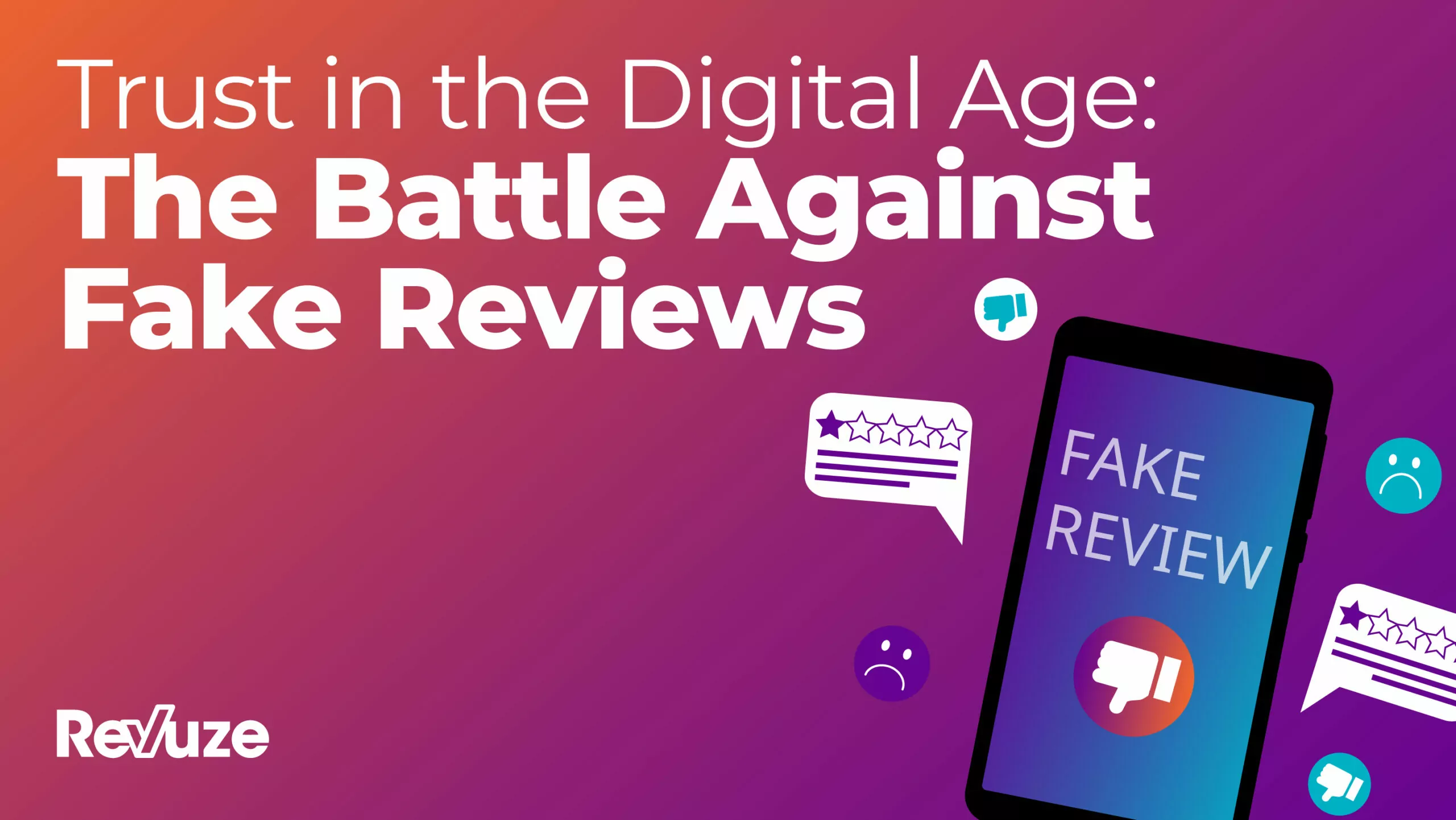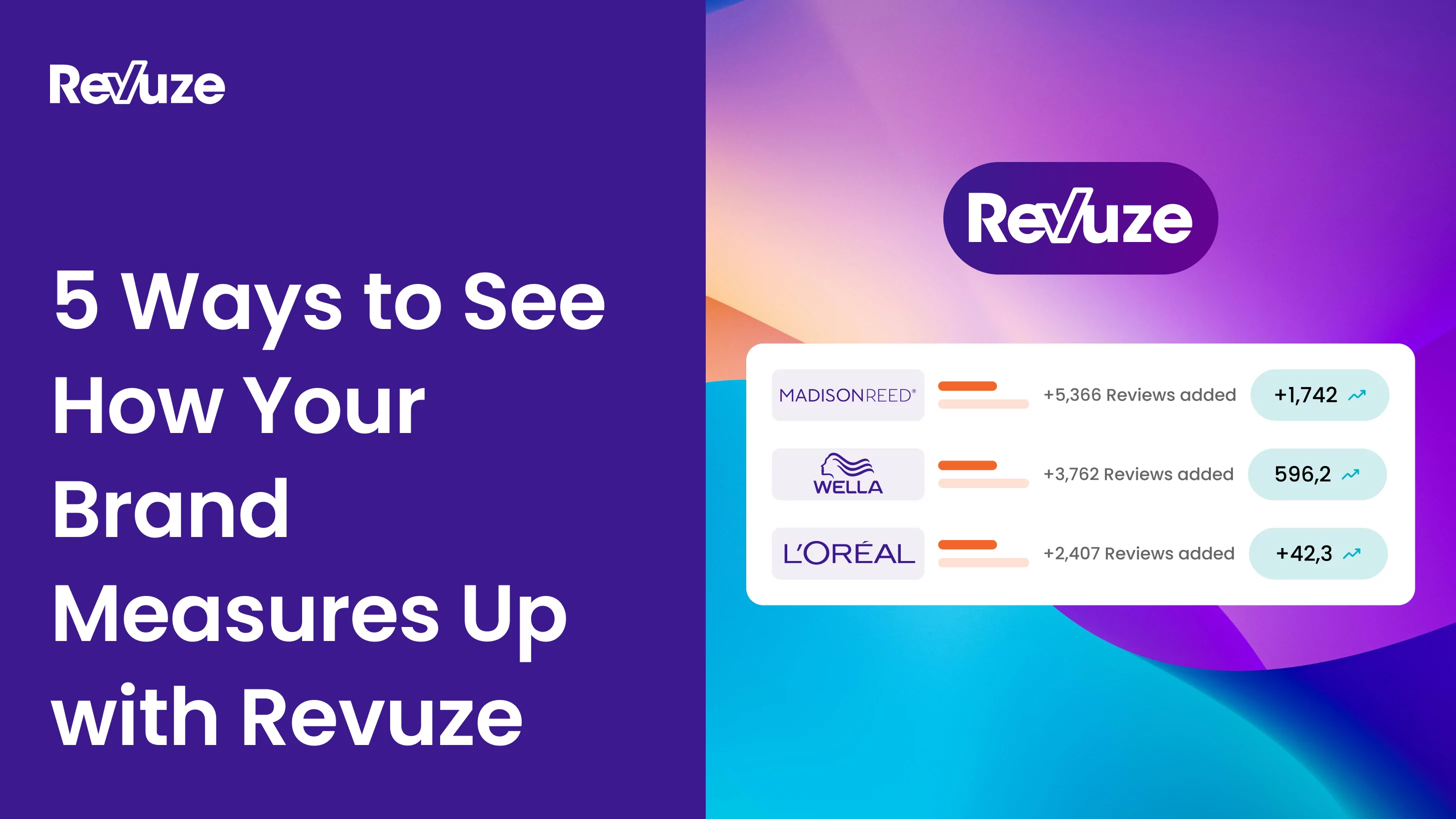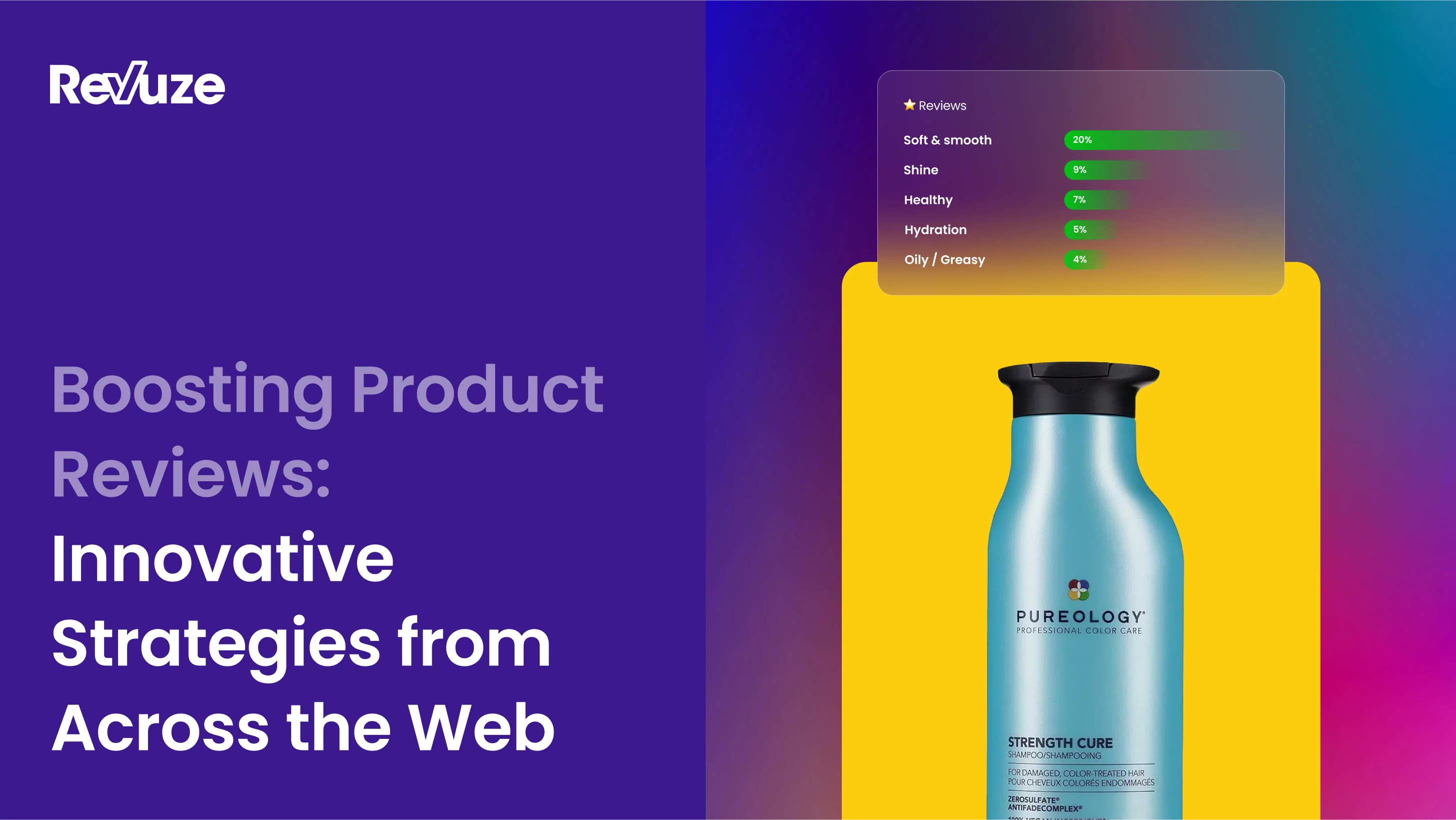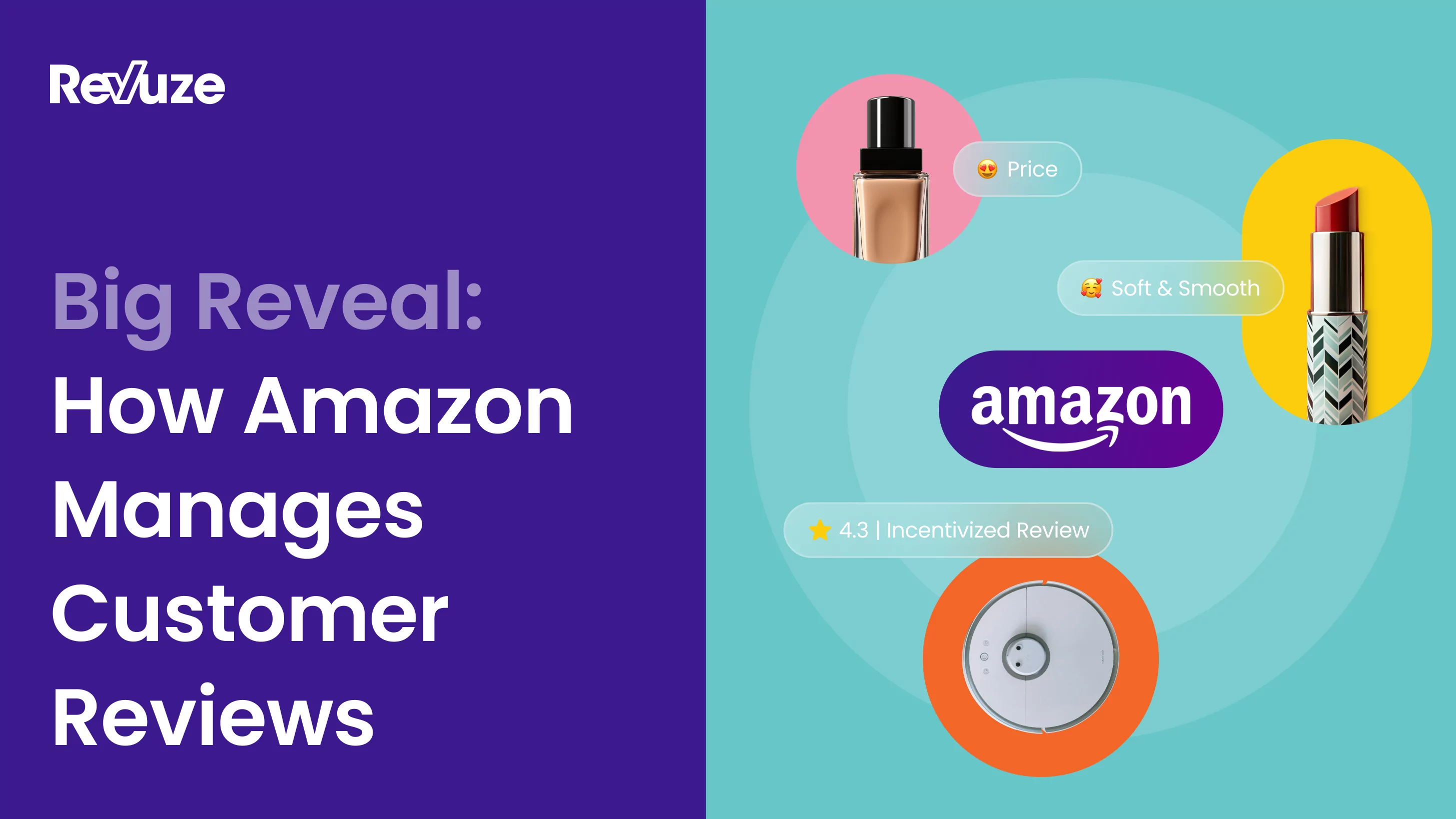
What is the power of online consumer reviews?
93% of consumers trust online product reviews to guide their purchasing decisions. Reviews represent an authentic voice of the consumer about the product. They rant and rave about product features that can be a deal breaker for buyers.
Now consider a scenario where online reviews are actually fake. Perhaps they were written by someone who didn’t actually buy the product, a bot or is even an AI-generated review. This possibility is a breach of trust between consumers and the online retailers that provide the platform for displaying the online reviews. Unknowingly, the fake positive reviews may be convincing buyers to purchase products that are in fact defective. Similarly, fake negative reviews may prevent purchases for other reasons.
The scenario I shared is one that exists and has caught the eye of the US Federal Trade Commission. It’s estimated that 30%-40% of online reviews are fake. The FTC put the spotlight on fake reviews and proposed new regulation that would not only make fake reviews illegal but would ensure they remain unbiased and free from third-party influences.
The New FTC Regulation for Fake Reviews
To create an honest and authentic online retail landscape, the FTC initiative would make fake reviews illegal. It touches on a number of different aspects of fake review:
- Selling or Obtaining Fake Consumer Reviews and Testimonials: This would be a huge no-no. Businesses would be prohibited from buying and selling reviews from someone who never used the product
- Review Hijacking: It would be illegal for a company to reuse or adapt a review for a different product. Based on the language, syndicated reviews, would still be allowed as long as they are associated with the correct product
- Buying Positive or Negative Reviews: The regulation would make incentives for reviews encouraging a sentiment of any kind illegal
- Insider Reviews and Consumer Testimonials: It would be illegal for a company employee to write a review of a product it’s selling
- Company Controlled Review Websites: Company’s would be prohibited from creating a platform to review products and claim they are unbiased
- Illegal Review Suppression: It would be illegal for company to sue or threaten a consumer for a negative review
- Selling Fake Social Media Indicators: False social indicators like interactions, hashtags, would be illegal because they also can influence consumer purchasing decisions.
Data Accuracy
This isn’t news to any of us here at Revuze where we pride ourselves on data integrity above all else. We often talk about the different types of reviews out there: organic, incentivized, and syndicated reviews. Authentic organic reviews have the power to convert potential consumers and sway the market. However, the new regulation highlights that fake reviews are so rampant that the government had to intervene since online retailers are struggling to get it under control.
Beyond the different types of reviews, all of the data from online reviews undergo a rigorous cleansing process. This includes creating a unified taxonomy, merging product and brand names, and removing irrelevant product data. Most importantly, reviews are deduped ensuring that syndicated reviews don’t skew the data. Although not the same thing as review hijacking, which is encompassed in the new regulation, it can still impact consumer insights for brands. Only after the data is cleansed are the review parsed into different opinions reflecting various product aspects and assigned sentiment. All of the data points are then used to populate the competitor analysis, benchmarking, and SWOT dashboards.
As part of the classification, Revuze’s generative AI engine clearly marks if reviews are incentivized or not. Even when a review isn’t labeled as incentivized by the online retailer, Revuze will label a review as incentivized if the consumer mentions words like promo in the feedback. In general, we know that incentivized reviews skew data more positively. The regulation will be cracking down on incentivized reviews that are contingent on a specific sentiment.
Conclusion
Before the emergence of the digital shelf, consumers could touch and feel a product and determine quality prior to making a purchase. With the onset of the digital shelf that’s all changed. Now online reviews are the go-to for purchasing decisions and shaping consumer perceptions. The rise of fake reviews threatens the very trust that underpins this system. The FTC’s move to regulate and curb these deceptive and questionable practices is a testament to the importance of maintaining authenticity in the digital marketplace. As consumers, it’s crucial to be discerning and vigilant. As businesses, the onus is on ensuring transparency and integrity in all interactions. At Revuze, we remain committed to upholding the highest standards of data accuracy, championing genuine consumer voices, and supporting a fair and honest online retail landscape. In a world where trust is paramount, it’s our collective responsibility to safeguard and nurture it.
 All
Articles
All
Articles Email
Analytics
Email
Analytics







 Agencies
Insights
Agencies
Insights